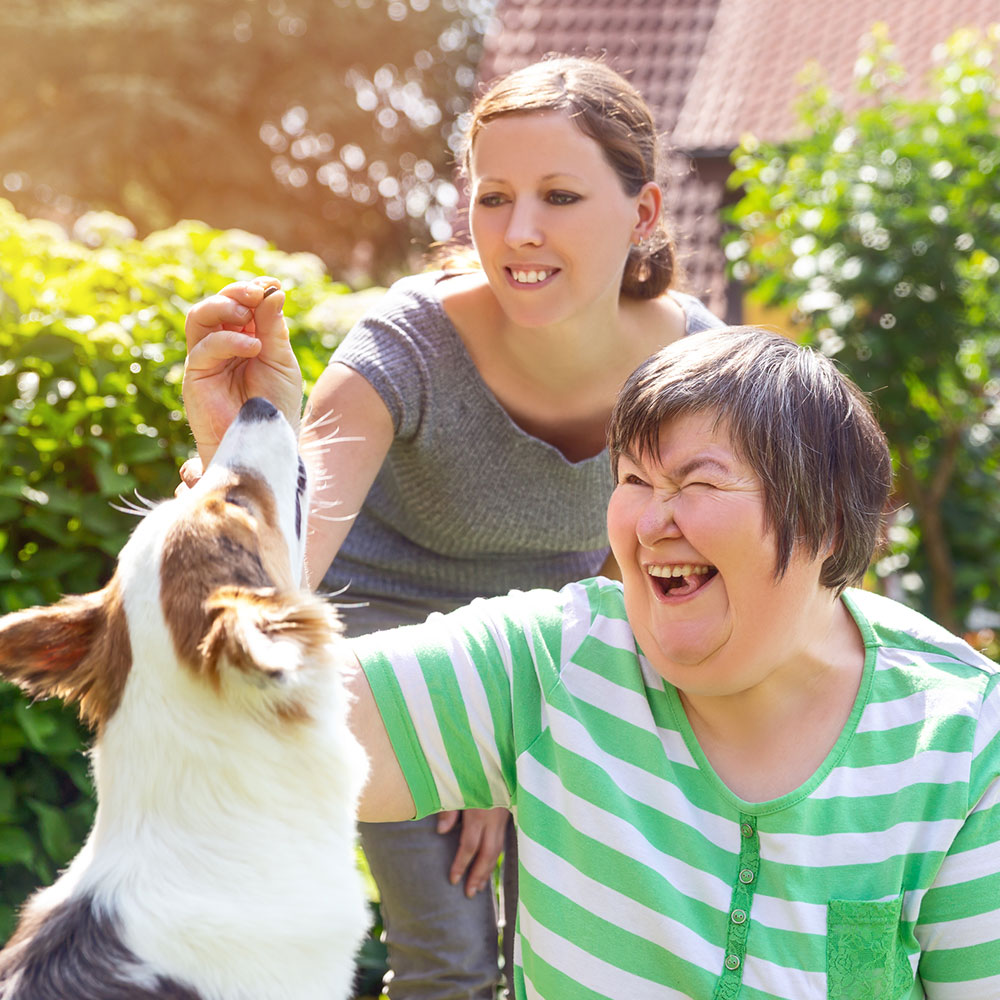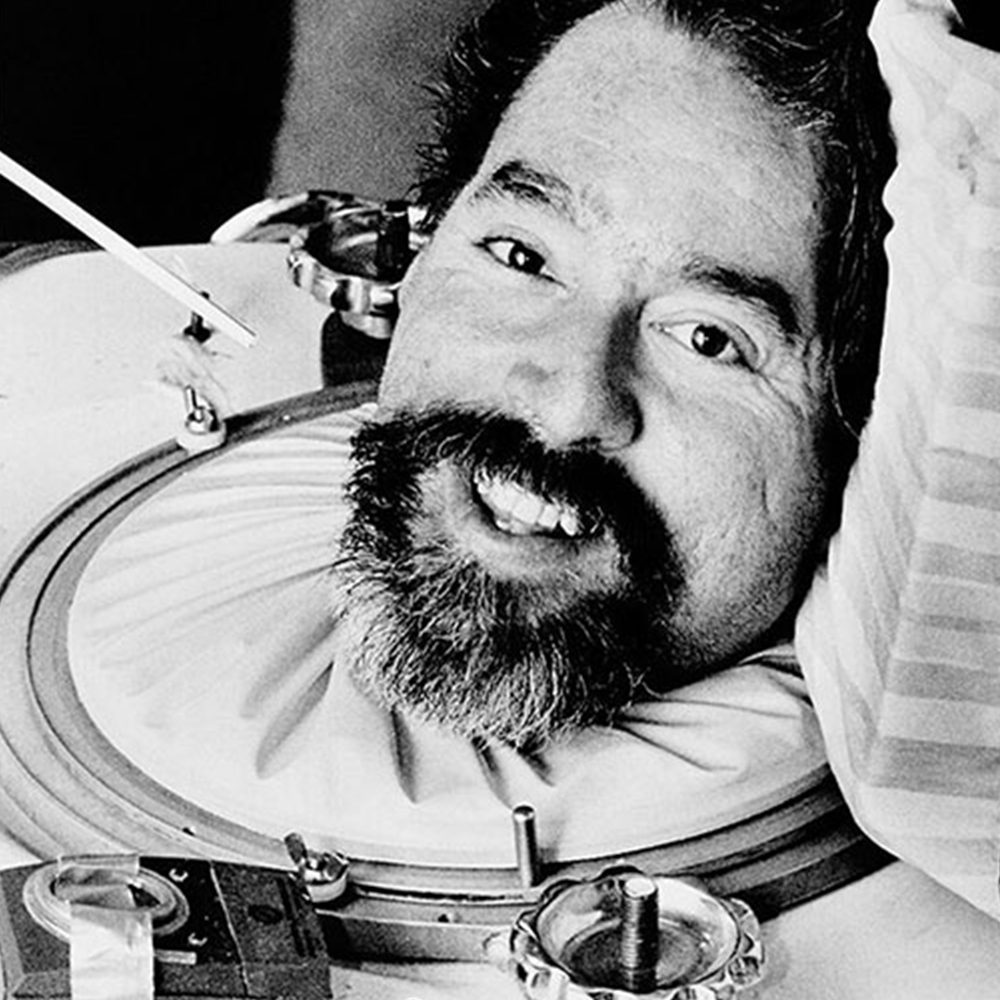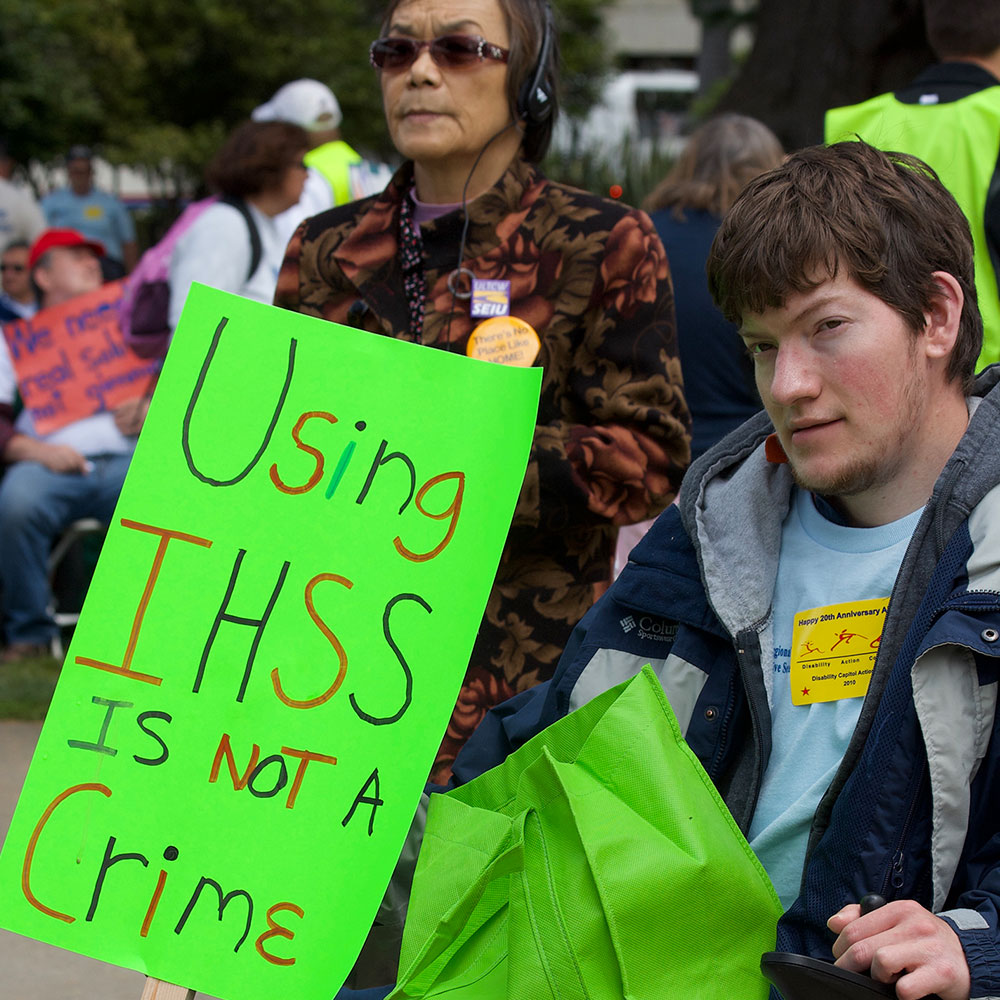About RIL The History of RIL
The entire focus of the Independent Living Movement is the realization that freedom to make choices and the ability to live in the community is a basic civil right that should be extended to all people, regardless of disability.
Background
With this framework, Independent Living Center staff work with and for the consumer to promote their independence in the community. This differs from many social service agencies which play a caretaker or protector role to "vulnerable populations." ILCs believe that the freedom to make choices, including mistakes, empowers people to further their involvement in their life and community.
Persons with disabilities are not clients who professionals advise what is best for them. Instead, they are consumers of services, consumers who make informed decisions on the goals they want to achieve and ILCs give them the tools to help them achieve those goals. It's consumer control rather than a social service. Though a simple statement, this philosophy defines a focus that greater society often finds difficult to accept.


Independent Living: A Brief History
The birth of the independent living movement has been attributed to a group of students at U.C. Berkeley with disabilities. In 1962, the first severely disabled student was admitted to U.C. Berkeley. By 1969, the number of students with severe disabilities had increased to 12. The UC hospital surroundings were familiar to the new tenants, who had spent countless days and nights in custodial institutions.
A sense of unity and self-confidence developed as the residents lived in close, continuing contact with each other. As they became more aware of the degree to which control over their lives had been taken over by medical and rehabilitation professionals, the students drew on their own experience to develop a philosophy of independent living. The students believed that they didn't need to change to become integrated, but rather the environment and the attitudes toward persons with disabilities needed to change. The core of these students moved on to start the Center for Independent Living in Berkeley.
Since the founding of CIL in Berkeley, 28 other Independent Living Centers (ILC) have taken shape across California and many more in the United States, bringing this philosophy to their consumer base.
Bringing Control to the Consumer
By charter, at least 51 percent of employees at Independent Living Centers have disabilities, as does 51 percent of the center's board of directors. Center employees also represent all types of disabilities from those with cognitive disabilities to mobility impairments to people who are blind or deaf to persons with learning disabilities. These factors underscore the importance of consumer control in the ILC. The center vests power and authority in individuals with disabilities and is designed by and for the local disability community.
It is also important to note that ILCs do not operate any type of residential facility. ILCs are not assisted living or skilled nursing facilities, a common misconception. Instead, independent living advocates direct their efforts toward the goal of freeing people with disabilities from institutional living, while educating the community on accessibility issues. With the proper support system from the community, people with disabilities can live where they choose and pursue their dreams just as any other individual does.
Toward this mission, ILCs provide peer counseling, information and referral, independent living skills training, individual advocacy for a particular individual and systems advocacy for the community. Individual centers may provide more services, including:
- Children and youth services
- Children and youth services
- Community mobility training including using public transit
- Personal assistance service
- Assistive Technology outreach coordination
- Transportation services
- Vocational services
- Any other services that promote independent living


Focus on Empowerment
For many social service agencies that offer support, information and referral and other services, it's sometimes easier to fall into the role of "caretaker" and controlling the situation in order to help. For some persons with disabilities, it is "easier" to let others do everything for them. However, this way of doing things creates an unhealthy environment of dependency.
Independent Living Centers realize that persons with disabilities don't need "to be taken care of" but rather need to be empowered to make their own choices and manage their own lives. In other words, ILC staff don't "manage case loads" or "follow up" to other agencies on referrals. The consumer has an active role in the services he or she receives, constantly giving feedback and expressing concern with goals and expectations. By presenting a variety of methodologies to the individual, even those persons with disabilities who aren't traditionally thought to have the ability to make their own choices, ILCs allow everyone to have access to making those decisions.
ILCs believe the role of empowerment is key to the independence of a person with a disability. For many persons with disabilities, control has always been unavailable because of agencies "taking care of their needs." However, when one is empowered to live his or her own life, the consumer is more active, independent and able to be a vocal and productive member of society.
Explore RIL Services
Housing
RIL offers one-on-one assistance with consumers locating housing and accessing programs one may qualify for.
Learn MorePublic Safety Power Shutoff (PSPS)
RIL began a new initiative to support people with disabilities and older adults during the activation of a Public Safety Power Shutoff (PSPS) event or other emergency.
Learn MoreIndependent Living Skills Training
RIL provides a nine part curriculum of Independent Living Skills Training classes.
Learn More